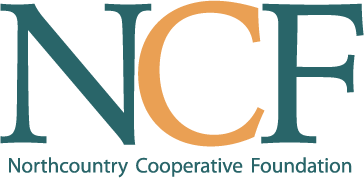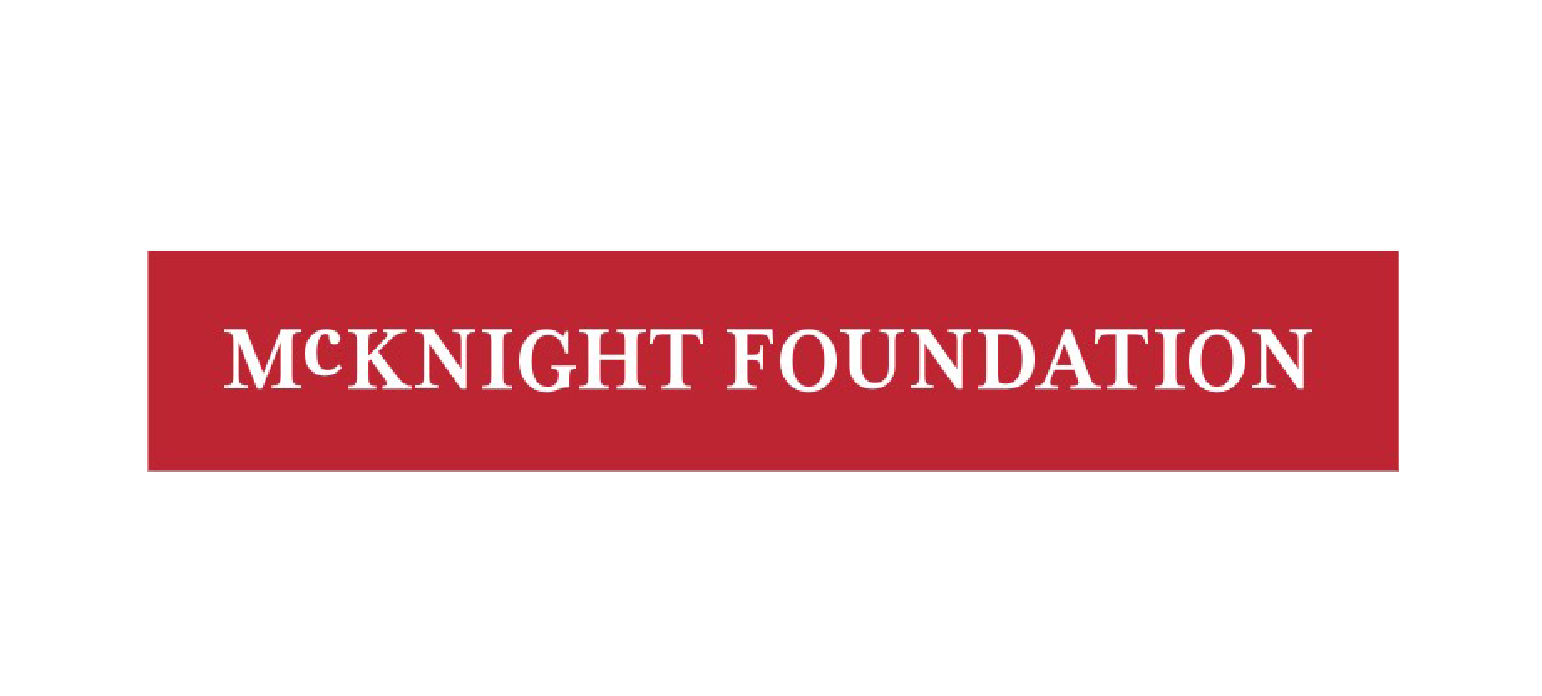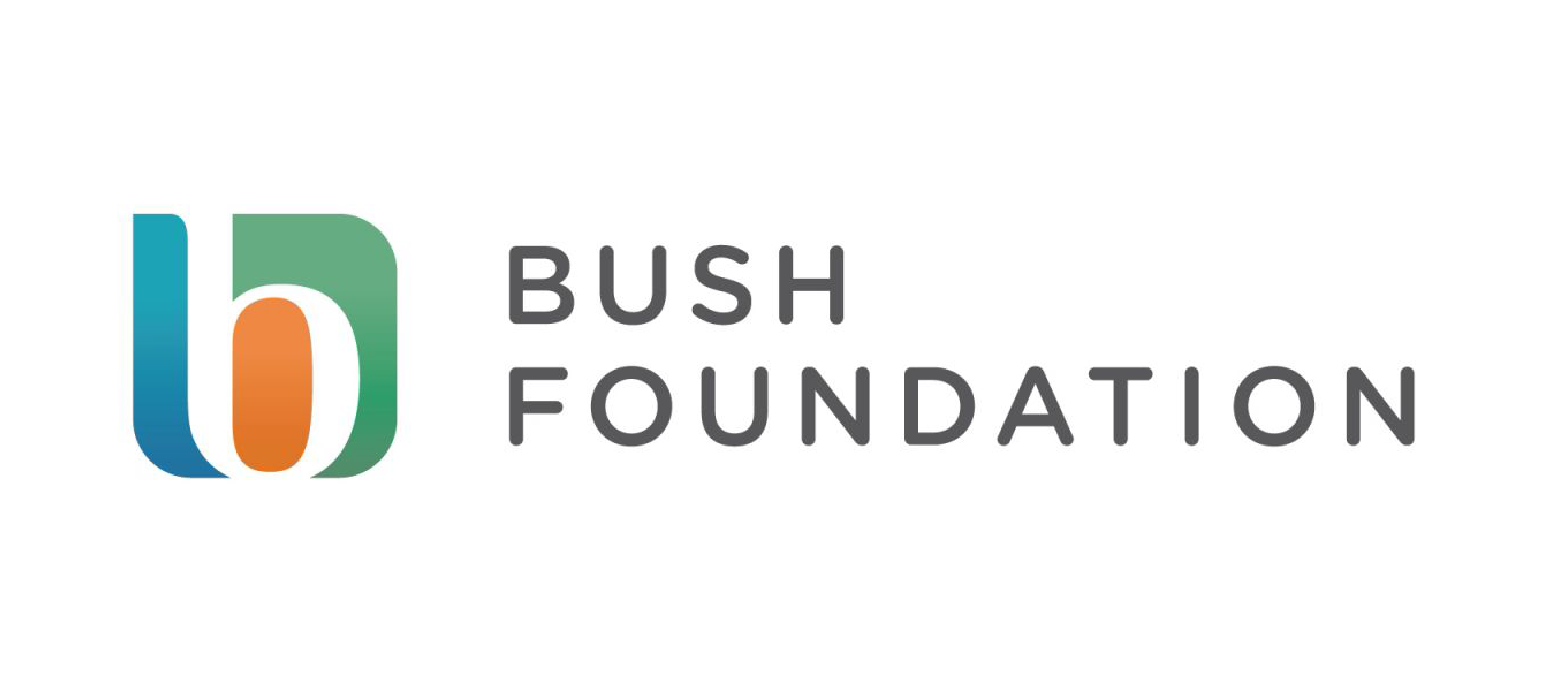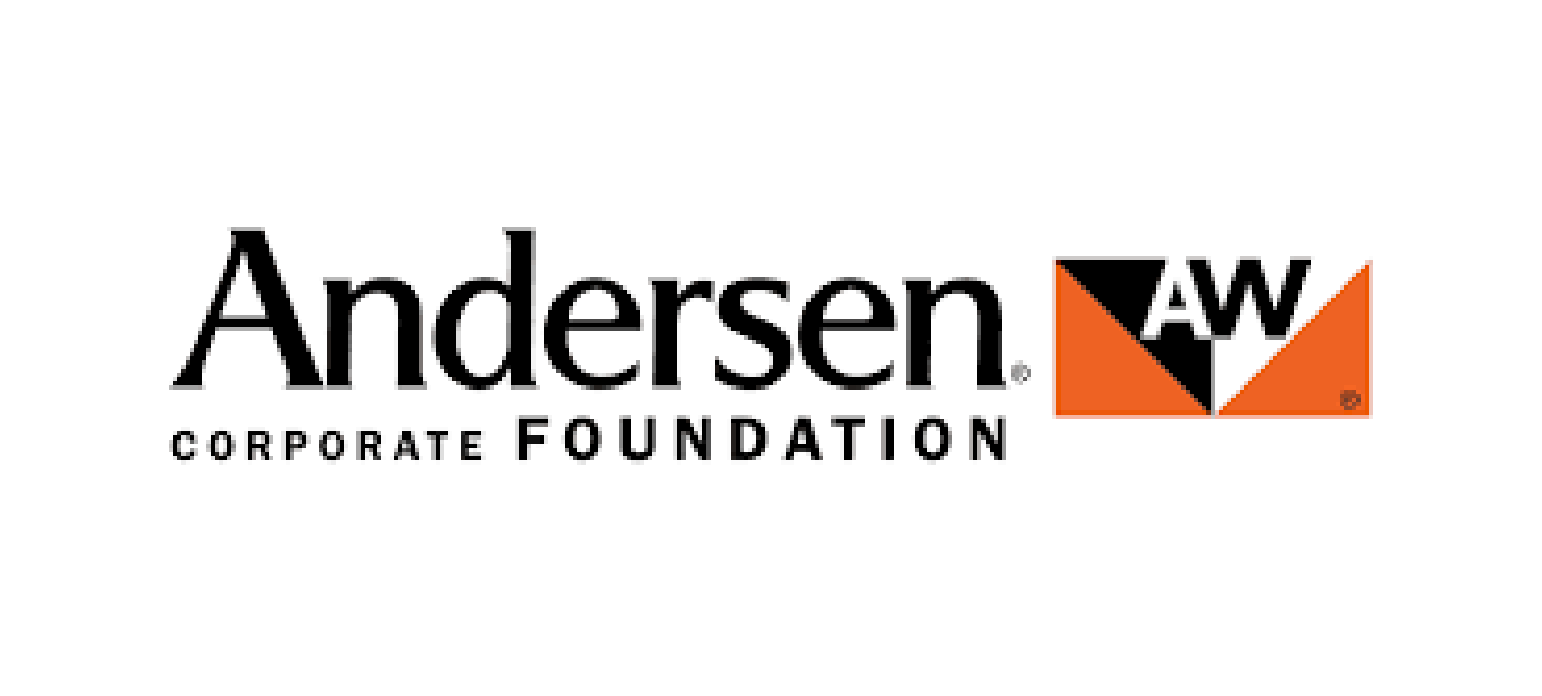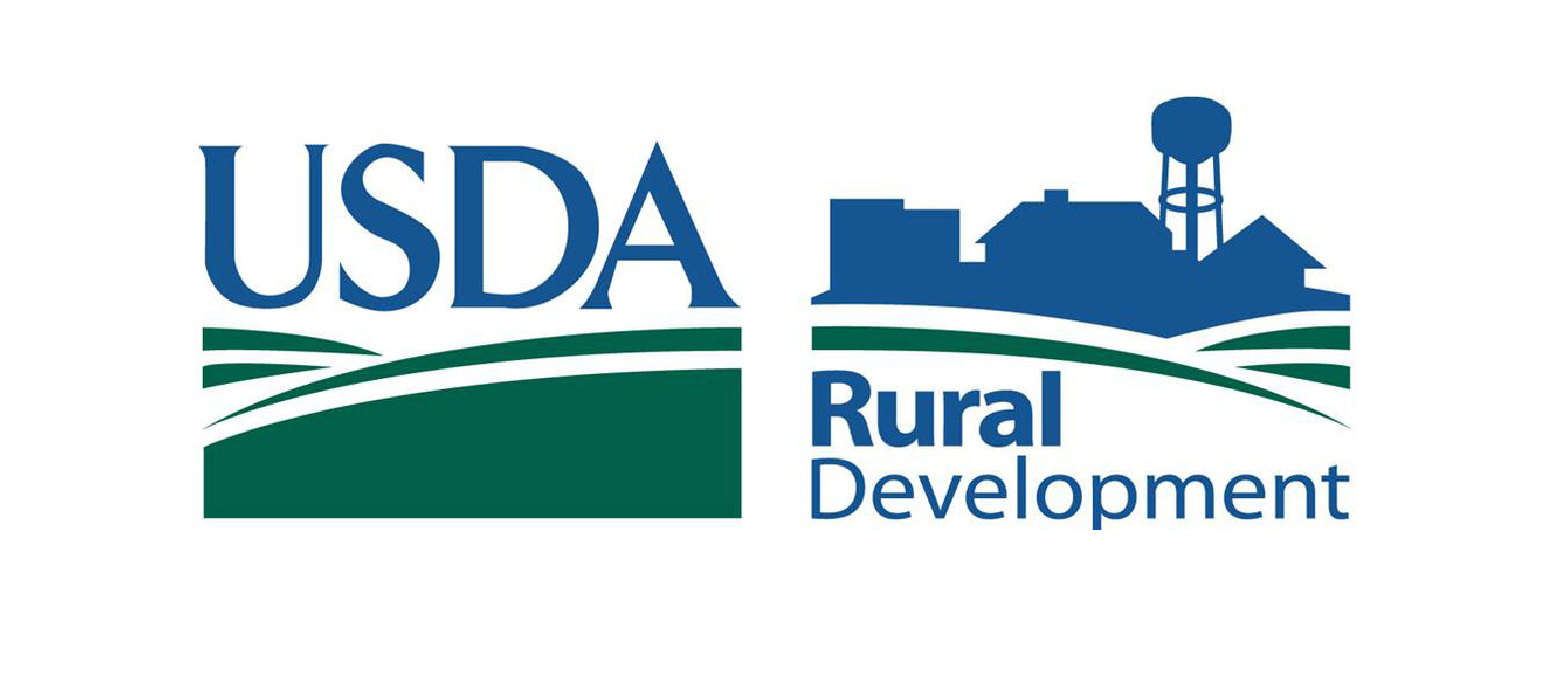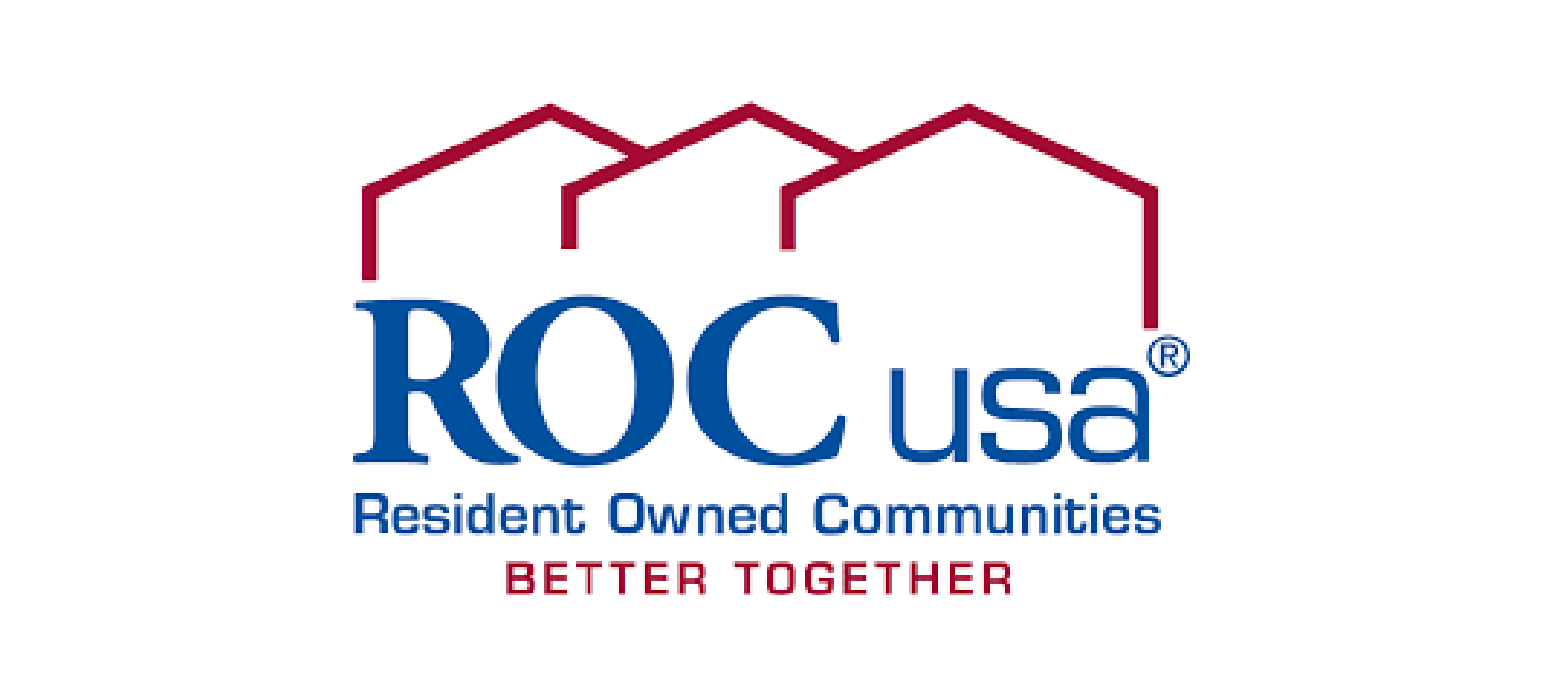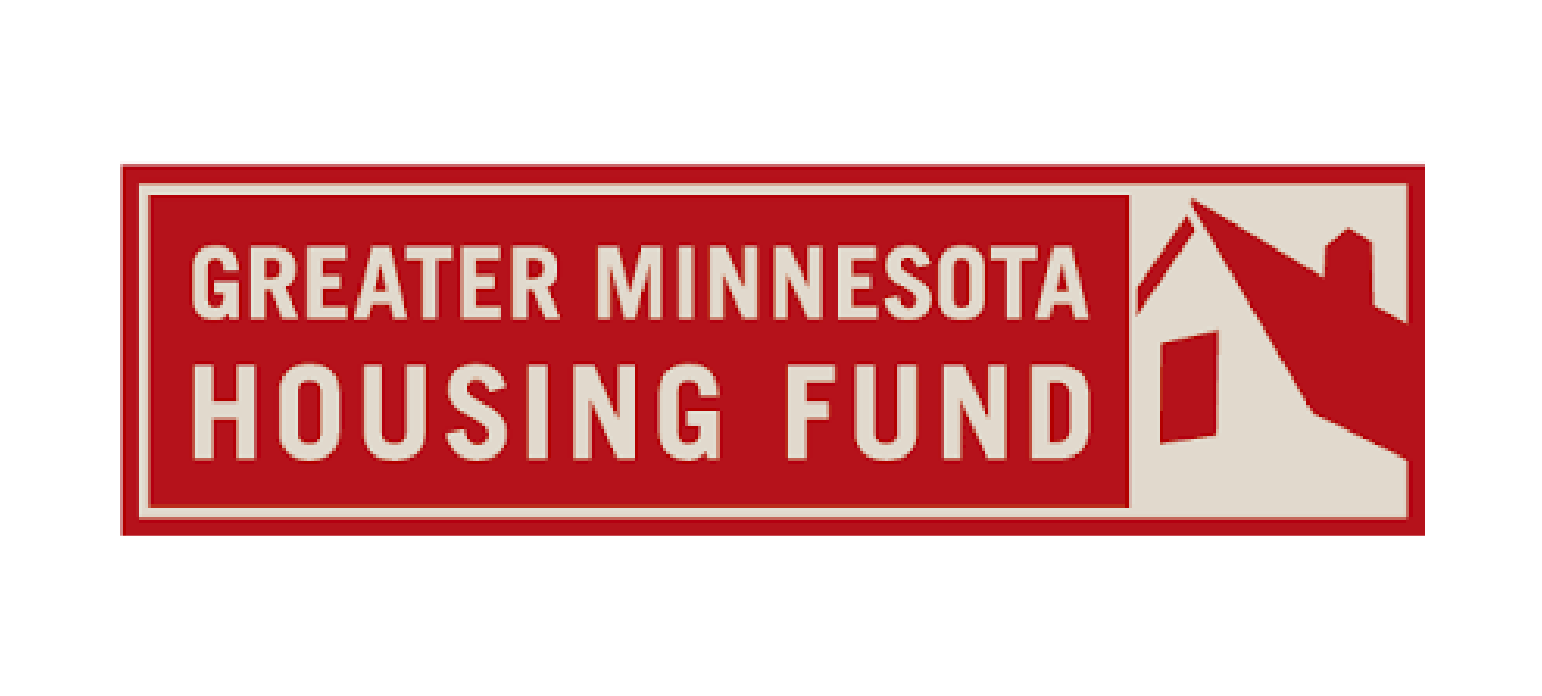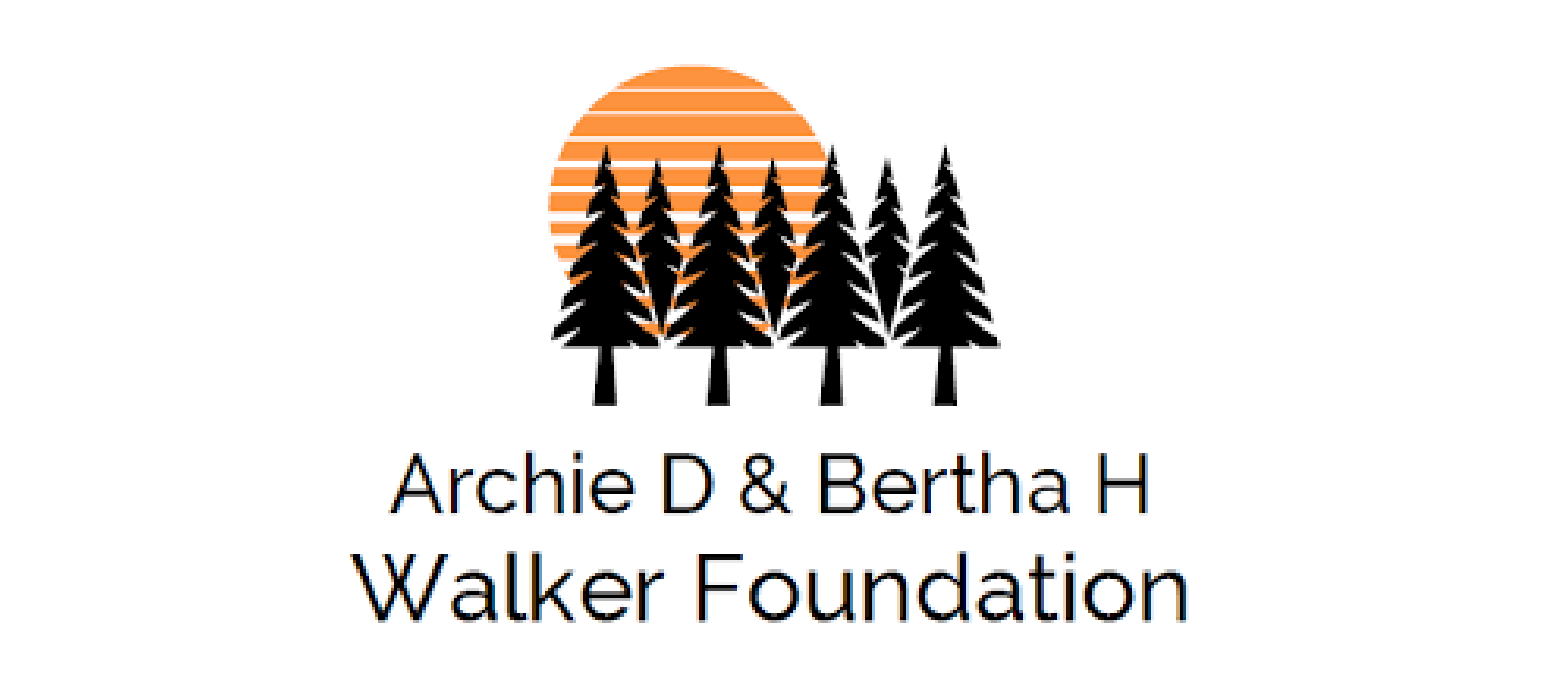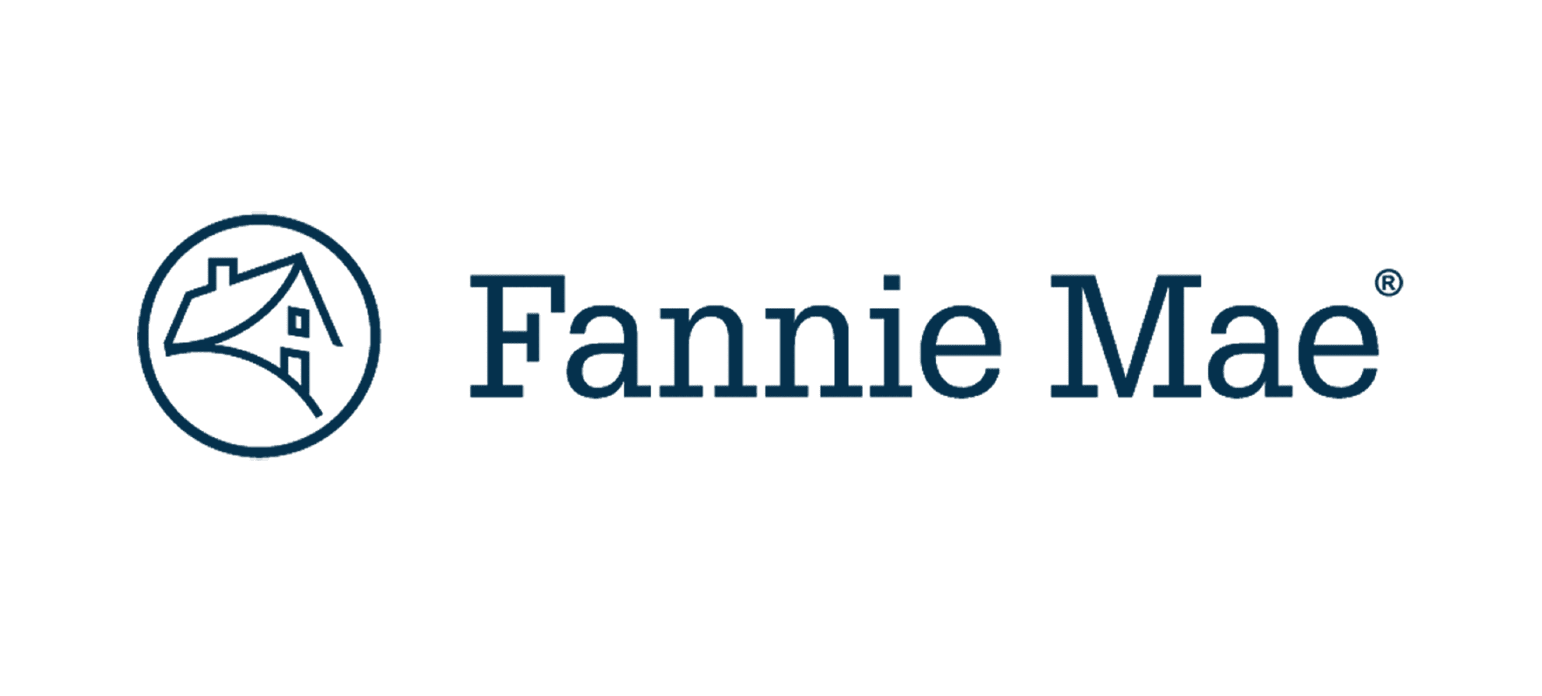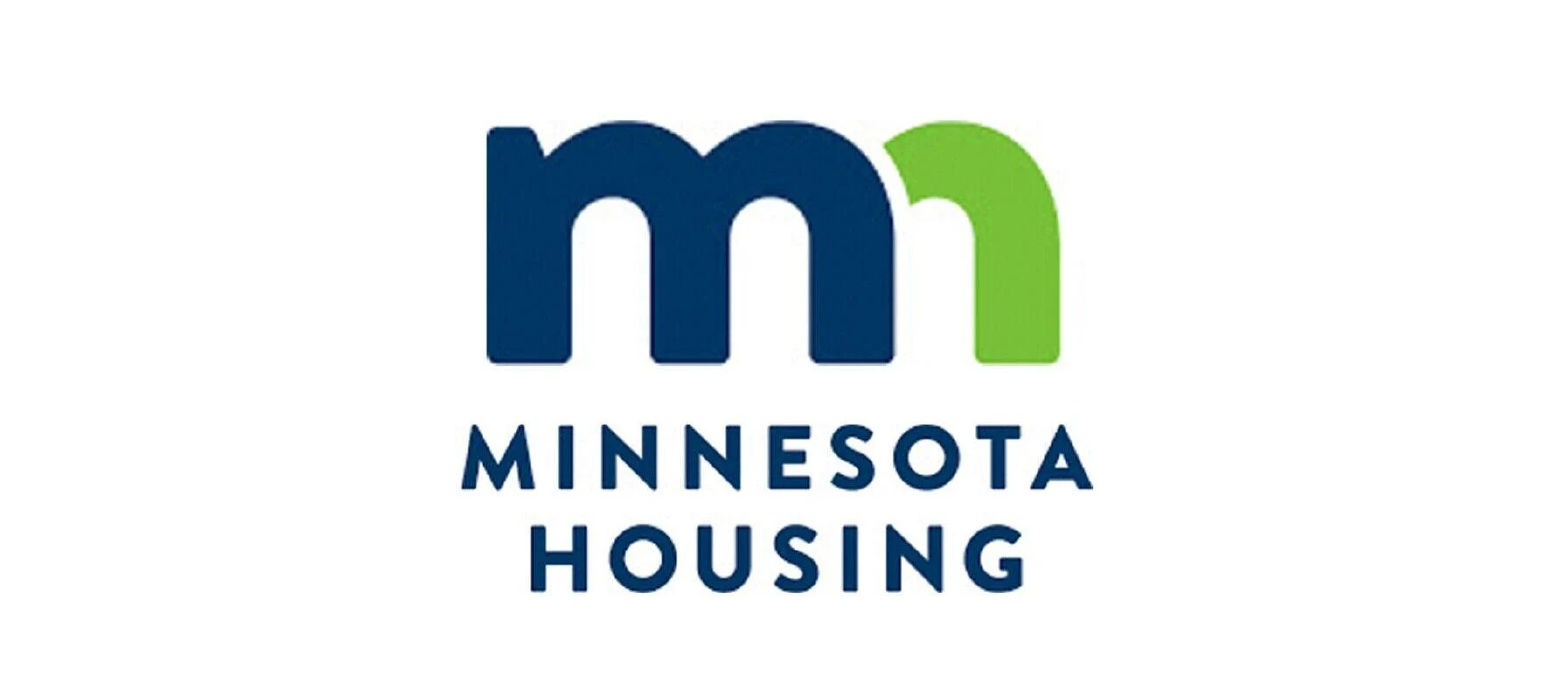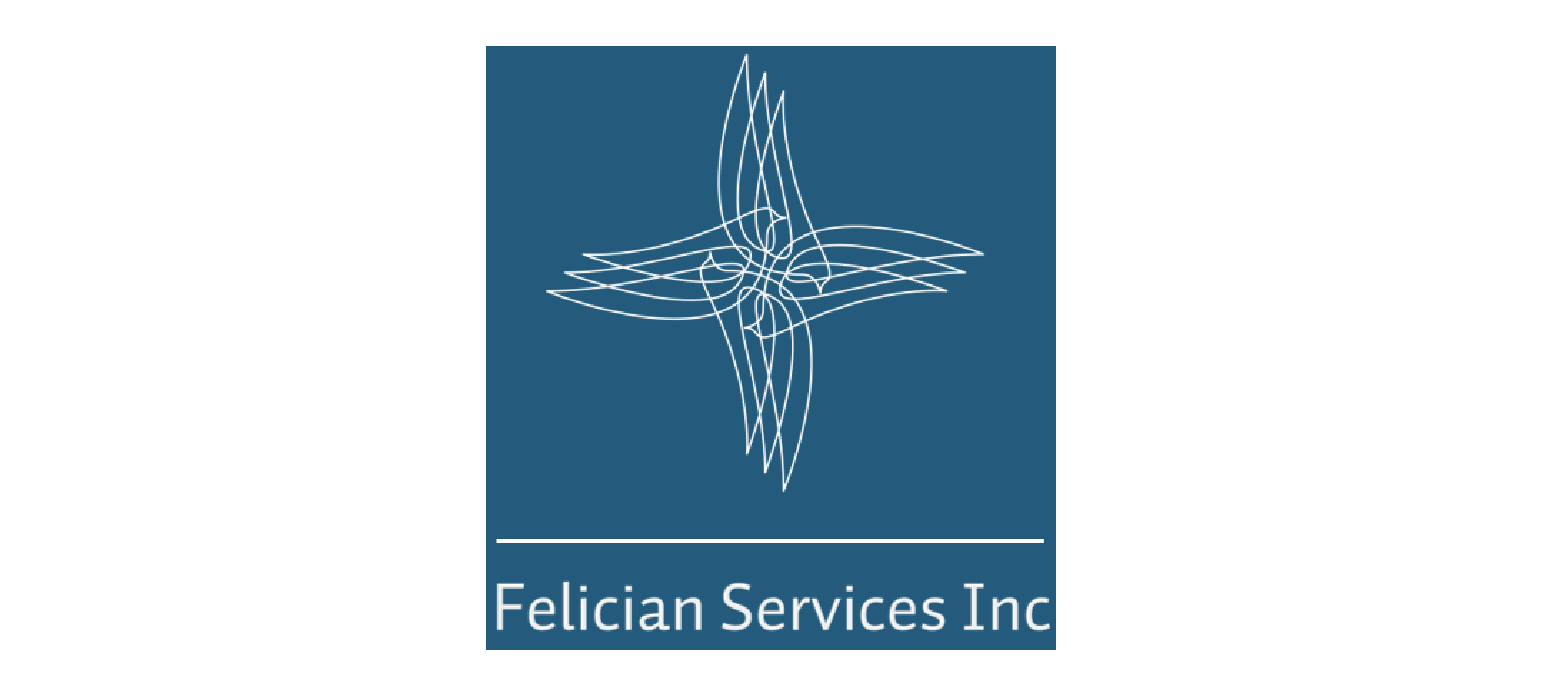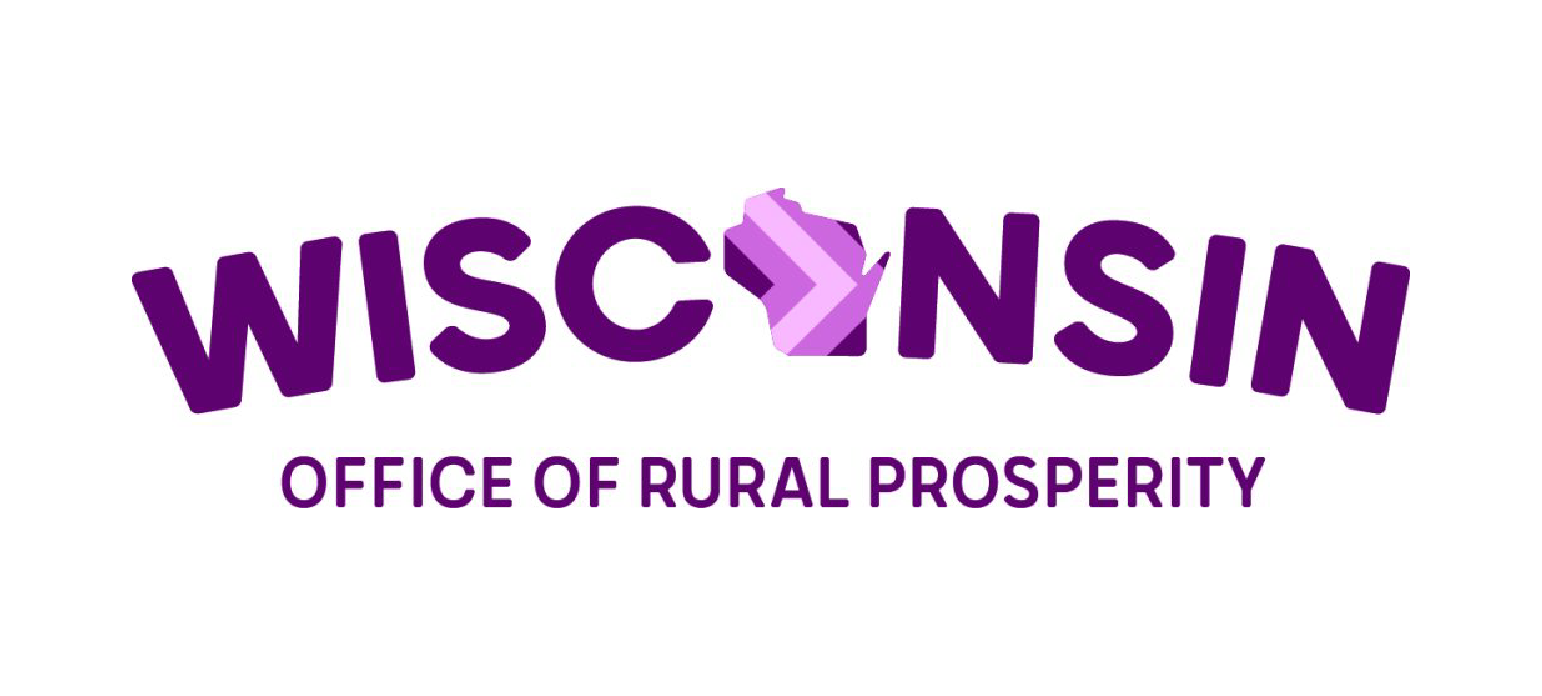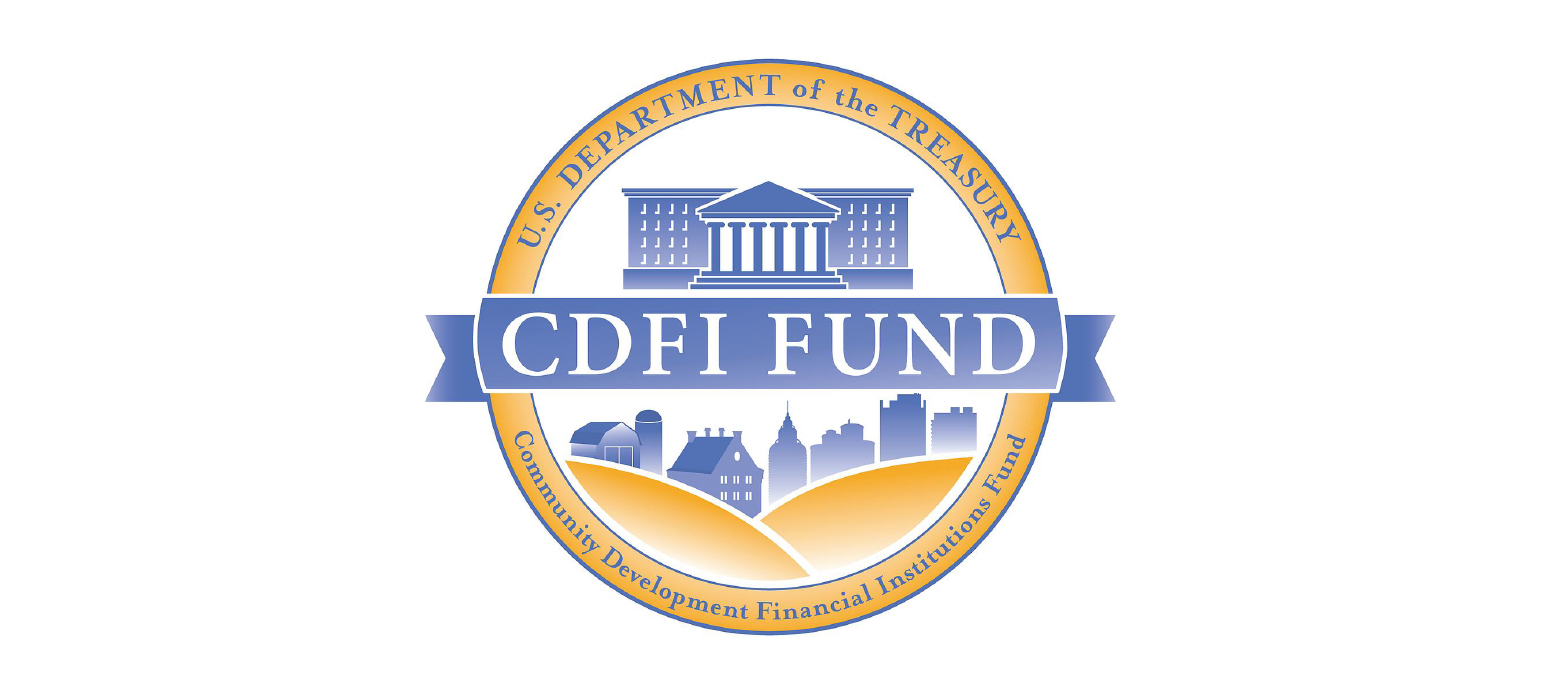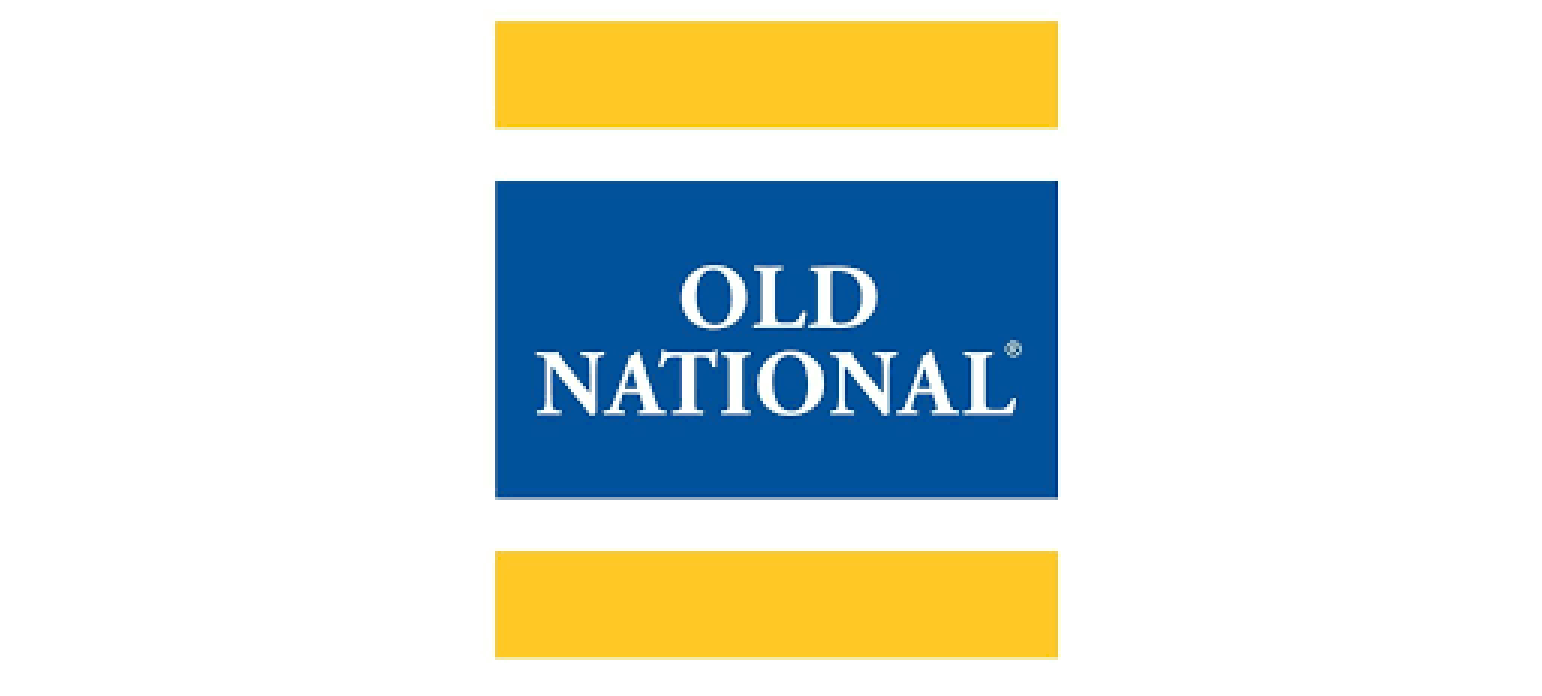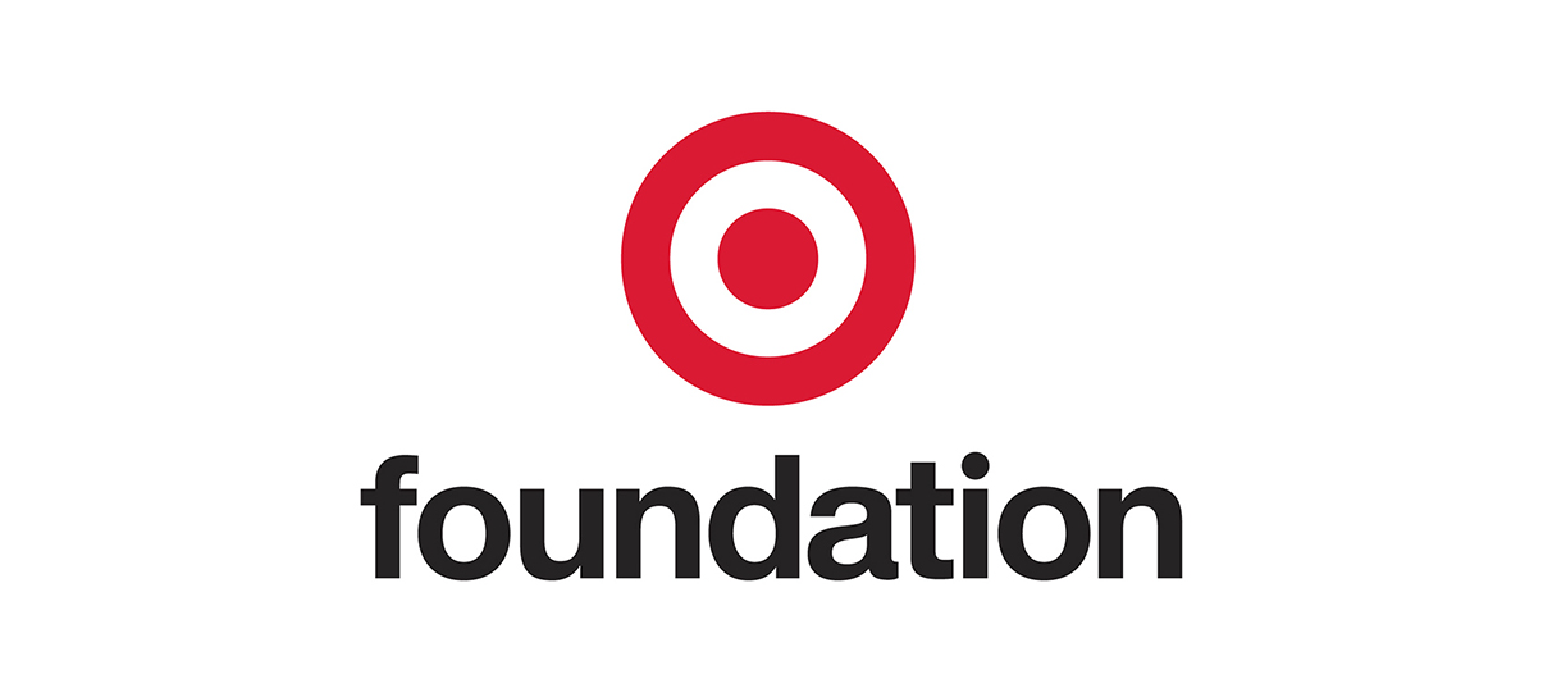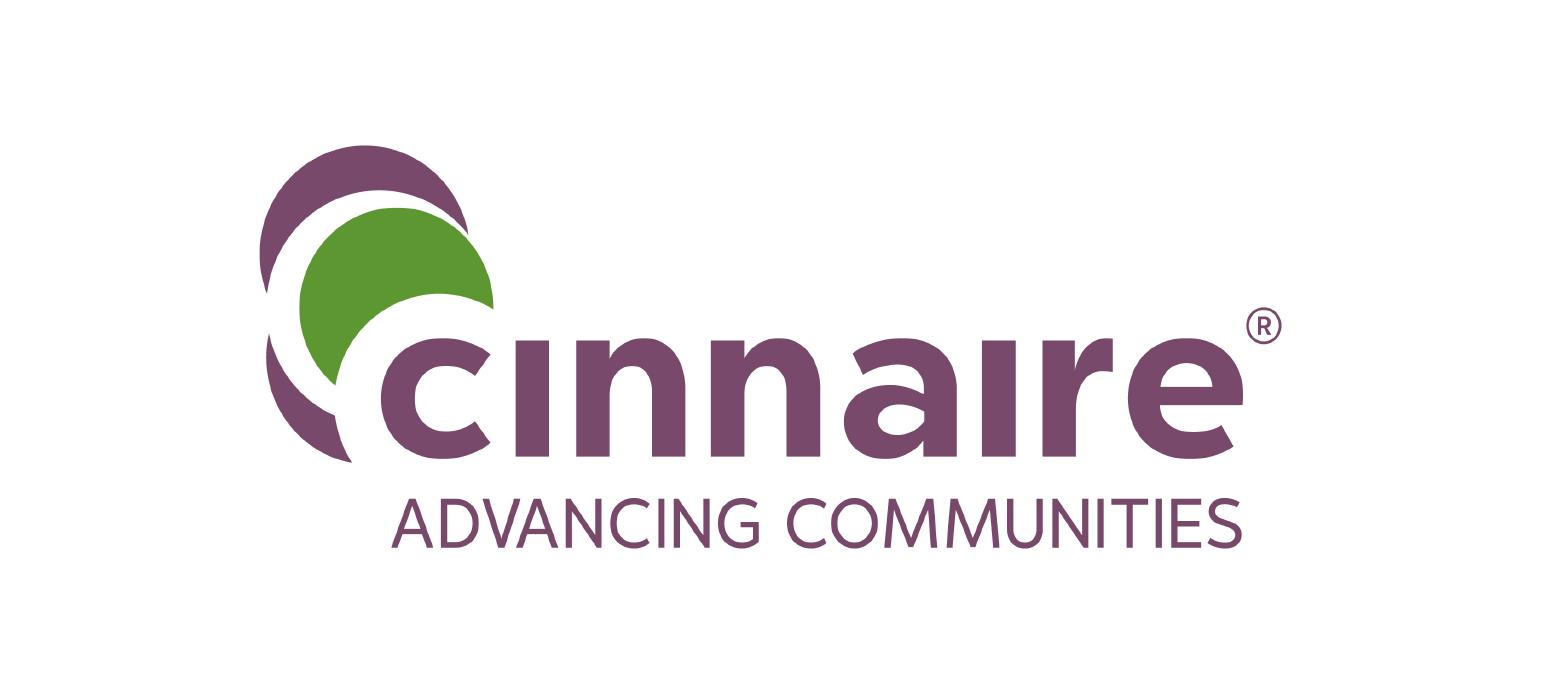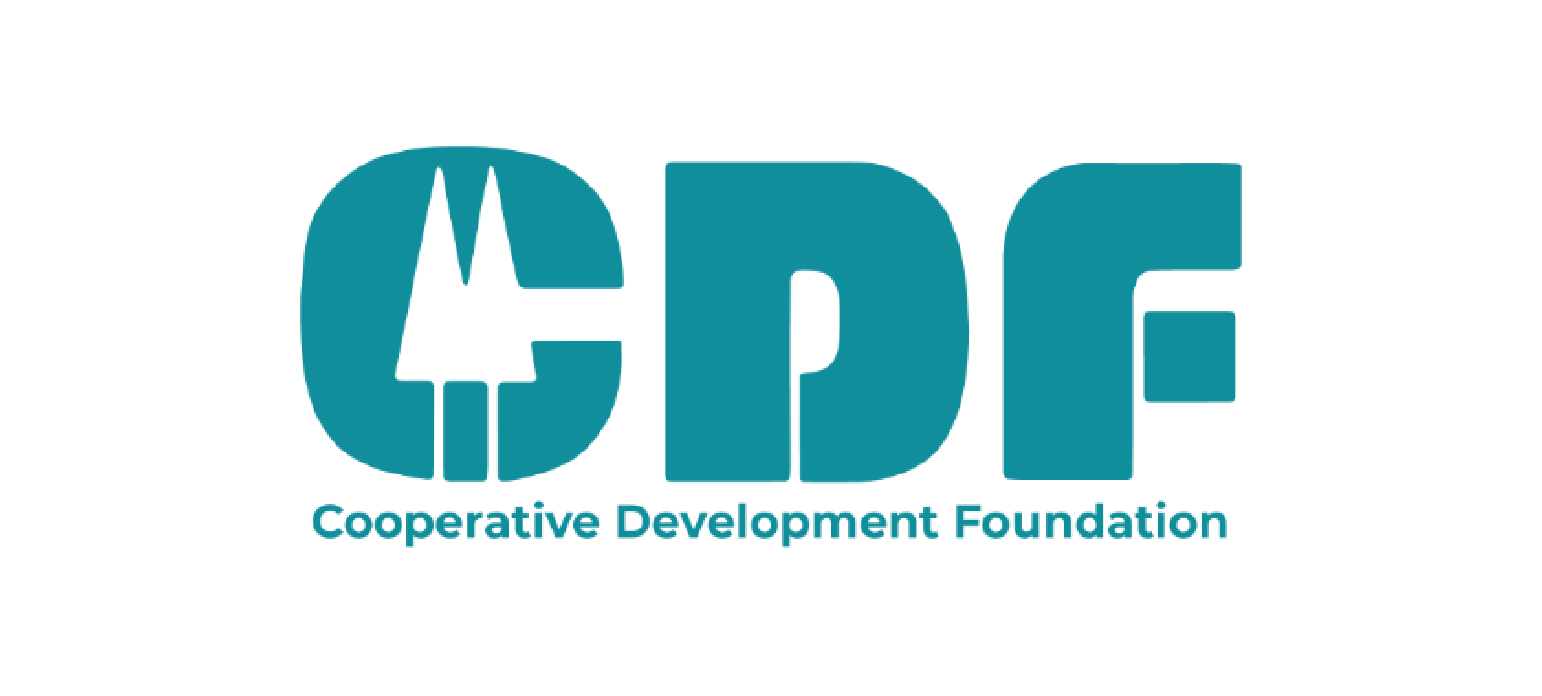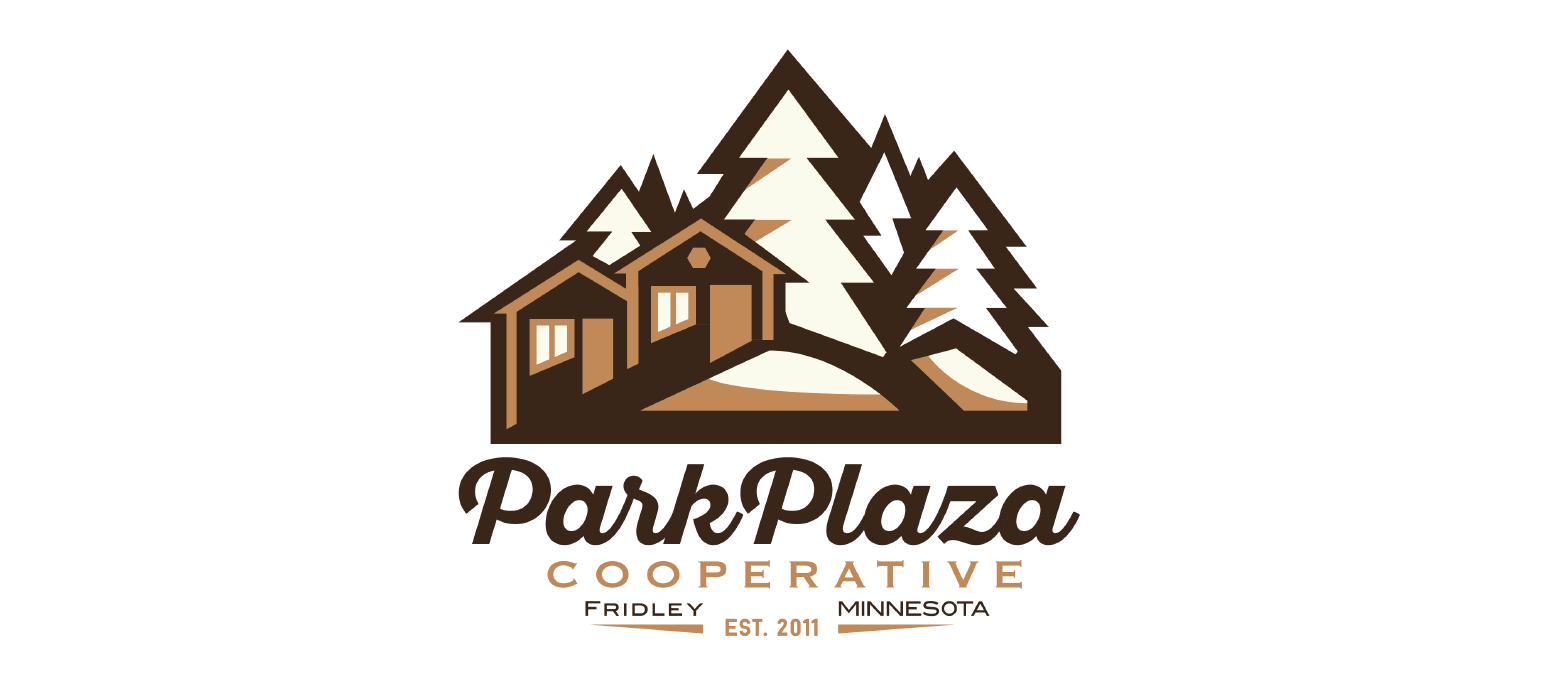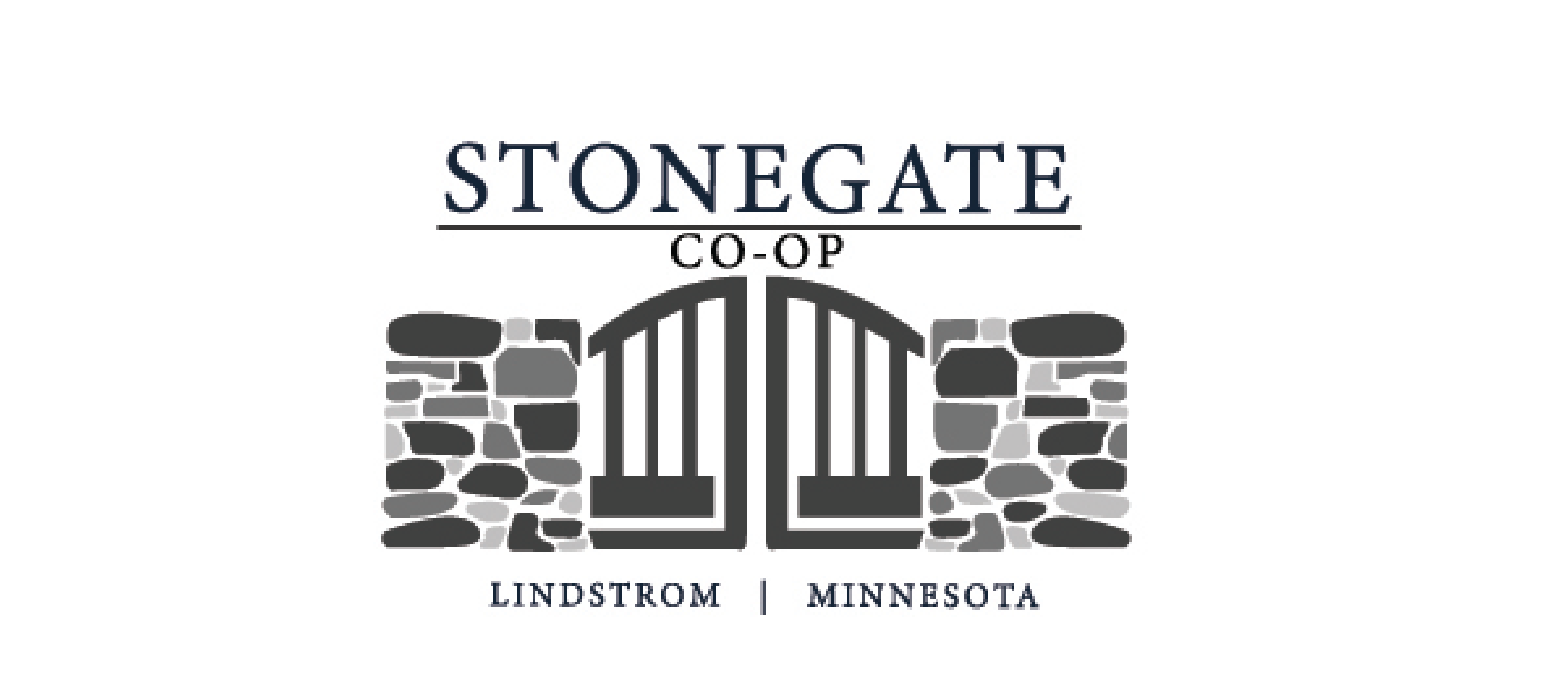NCF has a foundational mission of “transforming lives and communities through cooperative enterprise.” That mission is often carried out through educating and providing technical assistance to those living in manufactured housing communities as they organize and run their own resident-owned cooperatives. However, NCF has consistently seen an additional need to be an advocate for those in manufactured housing cooperatives through involvement in public policy.
NCF has engaged with residents of manufactured housing communities to lift and empower their voices in local, state, and federal government. While there are success stories on the local and federal levels, NCF has a storied track record of advocacy work at the state capitol in Minnesota. With continued efforts over the last half a decade, NCF has elevated manufactured housing as an issue in St. Paul, creating a groundswell of support for preserving communities through cooperative development. Most importantly, residents of cooperative communities across the state have been the backbone of NCF’s advocacy, telling their stories of success and the need for additional state investment in cooperative housing.
In 2023, NCF looks to build upon the foundation of policy success laid by cooperative residents and expand the “manufactured housing toolbox” in Minnesota. Highlights of NCF’s 2023 policy agenda include:
Tax incentive for private owners to sell manufactured housing communities to residents
One of the biggest challenges residents face in cooperative ownership is a reluctance from park owners to sell. This legislation will allow manufactured park owners who sell their communities to residents to access a tax credit that works as an offset of their capital gains tax. This will incentivize park owners to sell to their residents as it represents a financial gain over selling to a private investor. This should increase the amount of resident owned manufactured housing cooperatives in Minnesota, thereby increasing long-term, affordable homeownership across the state.
Establish a municipal infrastructure pilot program for establishing new resident-owned communities
This legislation would create a grant program for municipalities in Minnesota to help them in developing new resident-owned manufactured housing communities in their respective cities. The municipality would receive assistance for constructing and being responsible for the new infrastructure. This would not only create new affordable homeownership opportunities in Minnesota, but also would eliminate the cost of maintaining private infrastructure for residents, ensuring affordability into the future.
Update the covenants of the existing Manufactured Home Community Redevelopment Program (MHCR) - Section 1 in HF 814/SF 817
This policy only, no cost provision allows the Minnesota Housing Finance Agency (MHFA) to award loans, in addition to grants, within the MHCR program. This would bring the program in line with other existing programs at MHFA and allow greater flexibility for the agency in utilizing these funds.
$25 million for the creation of innovative and affordable manufactured home lending products - Section 2 in HF 814/SF 817
While NCF successfully lobbied in 2021 for a change in Minnesota state law that allows for manufactured homes in resident-owned cooperatives to be titled as “real property”, the vast majority of manufactured homes in cooperatives are still titled as “personal property”. This prevents manufactured home residents from securing affordable, long-term financing on their homes. Additionally, this makes most manufactured housing residents ineligible for traditional government down payment assistance programs, first-time home buyer financing, etc. However, Community Development Financial Institutions (CDFIs) in Minnesota, which are non-profit, mission driven lenders who operate in traditionally underserved communities and markets, have indicated a willingness to offer long-term, affordable home loans to manufactured homeowners. But, their largest obstacle in offering these loans is access to capital to do so. NCF has developed and is advocating for legislation that would use a one-time state appropriation to create a grant program for CDFIs to offer long-term products that would:
Create a manufactured home loan pilot program to help at least 150 households purchase new manufactured homes with competitive rates and terms ($15 million)
Create a manufactured home down payment assistance program to help at least 250 households purchase new manufactured homes ($5 million)
Create a manufactured housing rehab lending program to help over 300 low-income homeowners preserve and improve their older manufactured homes ($5 million)
Increase the amount available for manufactured housing infrastructure improvements to $15 million annually - Section 3 in HF 814/SF 817
As the majority of infrastructure in manufactured housing communities is privately owned, the most financially burdensome challenge residents face in operating a cooperative is the ongoing cost of infrastructure improvements, such as wastewater, stormwater, roads, etc. As such, NCF was integral in developing and securing state funding for the Minnesota Manufactured Home Community Redevelopment Program (MHCR). NCF successfully lobbied for additional resources for this program, resulting in the largest grant award cycle in the program’s history in 2022, funding over $9.5 million in infrastructure improvements in communities statewide, $5.9 million which went to cooperatives. However, in 2022 alone, there were requests from communities totaling over $25.6 million. While clearly a need for additional funding has been demonstrated, the program is poised to drop to $1 million in annual funding without additional resources allocated by the state legislature. NCF is advocating for $15 million annually ongoing, thus establishing a sustainable and reliable mechanism for funding large infrastructure projects in manufactured housing communities, leading to the preservation of affordable and workforce homeownership statewide.
$10 million to establish a manufactured home cooperative acquisition fund - Section 4 in HF 814/SF 817
An immense barrier residents face in purchasing their manufactured home communities is a lack of access to “quick capital”, or put another way, cash to purchase their communities. NCF is advocating for a one-time state expenditure to establish a revolving loan fund at the Minnesota Housing Finance Agency (MHFA) that residents would be able to access in order to purchase their community and become a cooperative. Once the residents complete the purchase, they would secure traditional financing on the property and payback the loan fund, thereby allowing for other residents to access the fund in the future to purchase their community. This would create an ongoing, sustainable mechanism for residents to compete in the market place and create more manufactured housing cooperatives across Minnesota, again increasing affordable housing across the state.
NCF Executive Director Victoria Clark-West has already testified twice before Minnesota Senate and House Housing Committees in 2023, advocating on behalf of cooperative residents and the agenda above. Newly hired NCF Advocacy and Communications Manager Joel Hanson also had an opportunity to testify before the House Housing Committee, giving an update on the state of manufactured housing in Minnesota and the benefits of cooperative ownership. The Minnesota Legislature meets from January until May, with an expected passage of their Housing Budget Bill taking place in May. NCF will continue advocating on behalf of cooperative residents and affordable homeownership as the legislative session continues into the spring.
